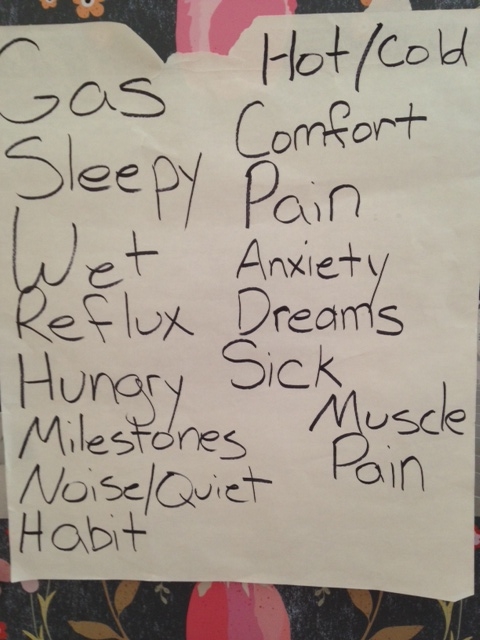The above image is my daughter drinking from her water table. The good news is that I had *just* filled up the table. The bad news is that she likely would have drank it even if the water wasn't fresh. In case you were wondering, yes, she's been drinking bath water too. But I'm not going to sweat it.
Perfect isn't going to happen with me. Rationally I know that I can't be flawless. But occasionally, and more often than I'd like to admit, I shoot for it. I make an amazing nutritious dinner, vacuum the house and change the dogs water during nap. I wash Elisabeth's hair more than once a week and attempt to comb it immediately afterwards. I wait for my husband to start talking about his day before I dive into mine.
Most of this doesn't last longer than a few days.
But I'm not going to aim for perfection or even "excellence" as a mother. Perfection is the enemy of "good enough". And damn, I want to be a good enough mom before I want perfection...for many reasons, not least of which is good mental health. But I also don't want my daughter to see a "perfect" mother. Someone who never fails publicly, admits she made mistakes, reverses her position on anything and then wonder why she, aka the star of her mother's universe, doesn't measure up. Perfection is the silent killer of trying new things and admitting they didn't work. And I always want my child to try new things. At 2 years old, she is truly "the girl with small hands and big eyes who never stops asking for more," and I want that boldness to continue. Perfection will tamp it will down and lock the door.
And here's something else about perfection: even if the attempted pumpkin bread does turn out delicious this time, something else will inevitably happen next time or the time after that to throw a curveball into the batter. Because that's life. We can't control everything including our wishes or our child's. You can be the mom who dreams of pushing your child on a playground swing only never to do so because he hates it. You can be the parent who does all the research on an issue and your child blows it all out of the water because there is no one else like him in the world.
So, what do I do about this silent enemy, perfectionism? I make it up as I go along. I try something new and see if it sticks. I adjust my standards and take a breath. I come to terms with hair washed once a week because that's who Elisabeth is right now. And unless we have a lice epidemic break-out, why force her to submit to this if I don't have to? I'm trying to let go of non-essentials, practice gratitude for everything that I have and go to bed early.
Most of the time.
And when I'm not making it up, I mentally mull over judgement calls all day long about whether or not it's worth telling my daughter "No!" or cautioning her against something. She who remembers mine and my husband's words, as your child does too. Is my "no" about me and my perfectionist tendencies or is it really what's best for her? Most of the time, my "no" seems to be the former. Like when I'm hustling to get her into the car and she's watching a cat crossing the street. My "no, we don't have time for that," is about ME. It's my fault we are running late because I shouldn't have tried to make cookies, do another load of laundry, and clean up the toys on the floor before we left the house. That's the crazy-making and anxiety-inducing behavior behind perfectionism.
Every day we are teaching our babies something. And the unreal thing is that it is often invisible. The invisibility factor makes mothering all the harder. So let's not create more work for ourselves, moms. Let's give up the pursuit of perfect for good enough, do the best we can, and love everyone around us.



